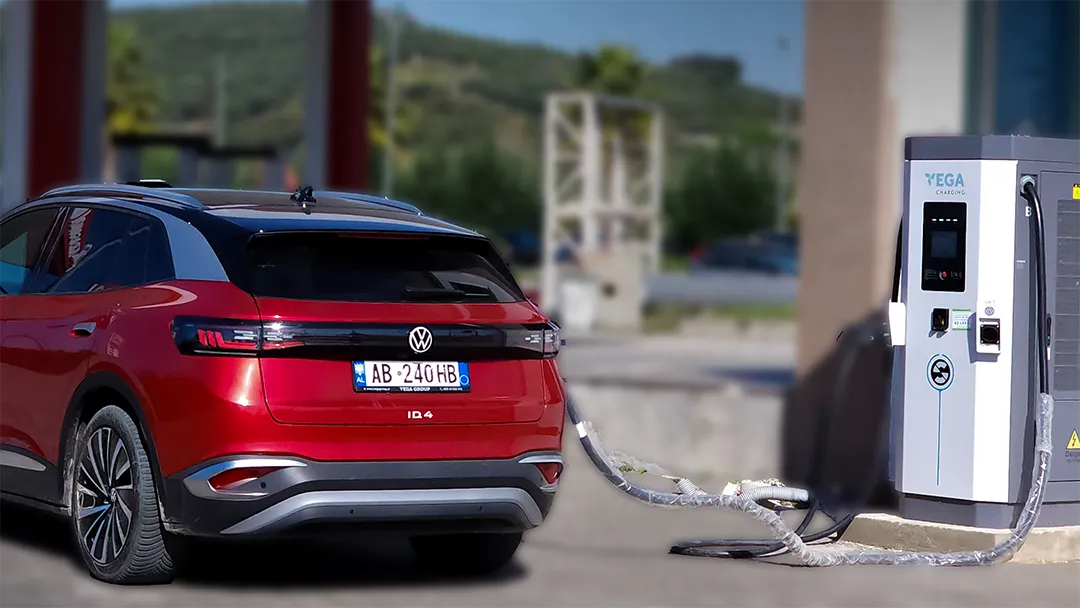
Accelerating Towards a Greener Future: The Importance of Electric Cars
As the global community becomes more conscious of environmental sustainability, electric vehicles (EVs) are gaining significant attention. Transitioning from traditional combustion engines to electric cars is crucial for reducing environmental impact and fostering a sustainable future. Here’s why electric cars are becoming indispensable in our journey towards ecological responsibility.
Reducing Carbon Emissions
Electric cars are pivotal in the fight against climate change due to their zero tailpipe emissions. Traditional vehicles emit large amounts of carbon dioxide and other harmful gases, contributing significantly to air pollution and global warming. In contrast, EVs offer a cleaner, more sustainable means of transportation, especially when charged from renewable energy sources.
Energy Efficiency
Electric cars are inherently more efficient than their gasoline-powered counterparts. They convert over 60% of the electrical energy from the grid to power at the wheels, compared to about 20% for gasoline vehicles. This increased efficiency results in less energy consumption and, importantly, lower operating costs for consumers.
Technological Innovation and Economic Growth
The rise of electric cars drives significant technological innovation in battery storage, energy management, and automotive design. This innovation not only improves the vehicles themselves but also stimulates economic growth by creating new industries and job opportunities in green technology.
Government Incentives
Many governments worldwide are supporting the transition to electric vehicles through incentives such as tax rebates, grants, and subsidies. These incentives make EVs more accessible to a broader range of consumers and encourage investment in related infrastructure like charging stations.
Decreasing Dependence on Fossil Fuels
By adopting electric vehicles, societies can reduce their dependence on oil and other fossil fuels. This shift not only enhances energy security but also shields economies from oil price volatility and the geopolitical tensions associated with oil supply routes.
Improved Public Health
Electric cars contribute to cleaner air, which can significantly improve public health. By reducing the number of internal combustion engines on the road, we can decrease the prevalence of respiratory and cardiovascular diseases associated with air pollution, leading to healthier communities.
Case Study: Norway’s Electric Revolution
Norway is leading the charge in electric vehicle adoption, with EVs making up about 60% of new car sales. Supported by strong governmental policies, extensive charging infrastructure, and substantial incentives, Norway’s model demonstrates the successful integration of electric cars into daily life, serving as a blueprint for other nations.





Leave a comment
You must be logged in to post a comment.